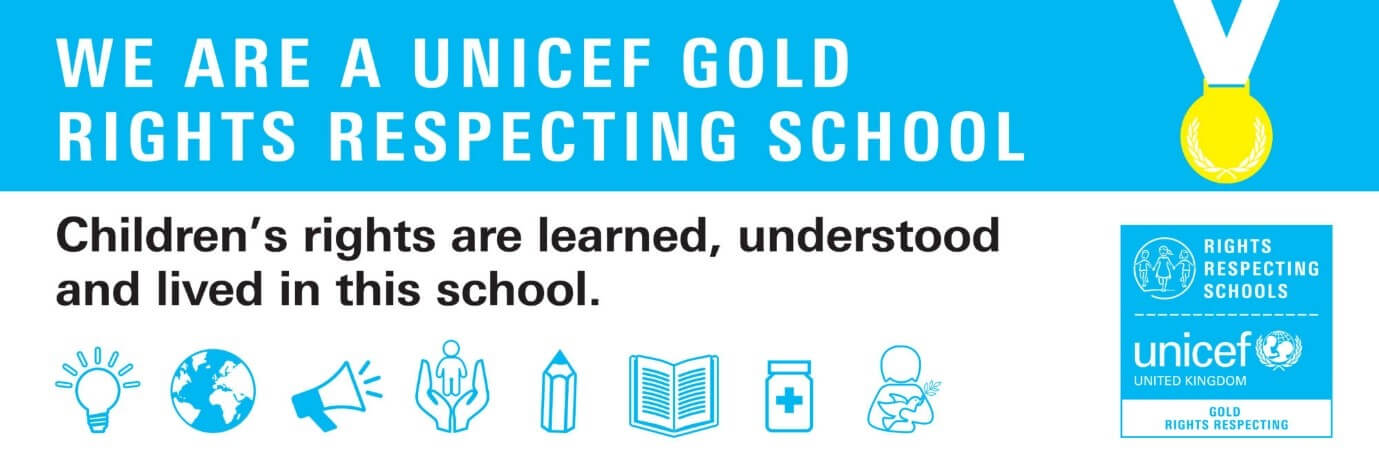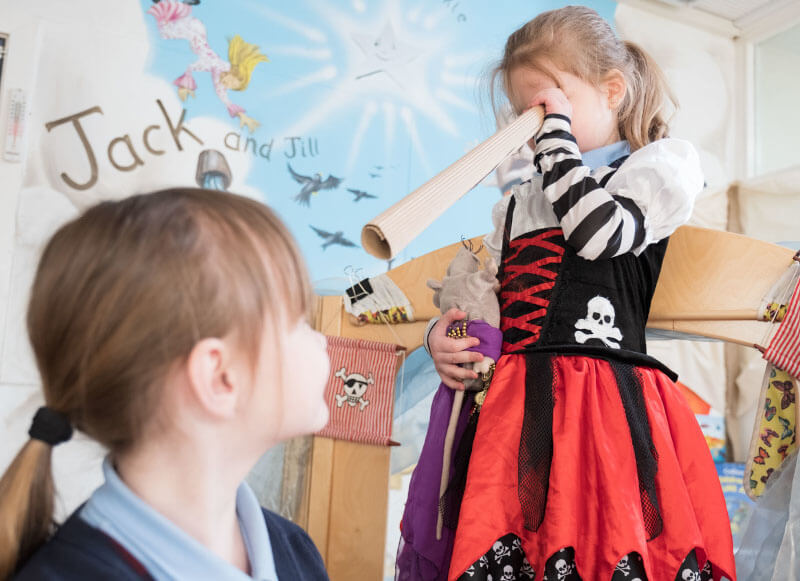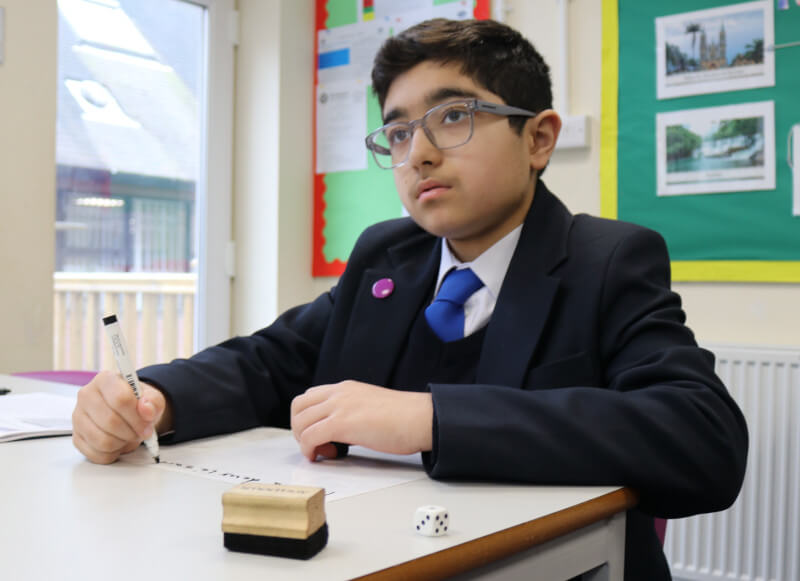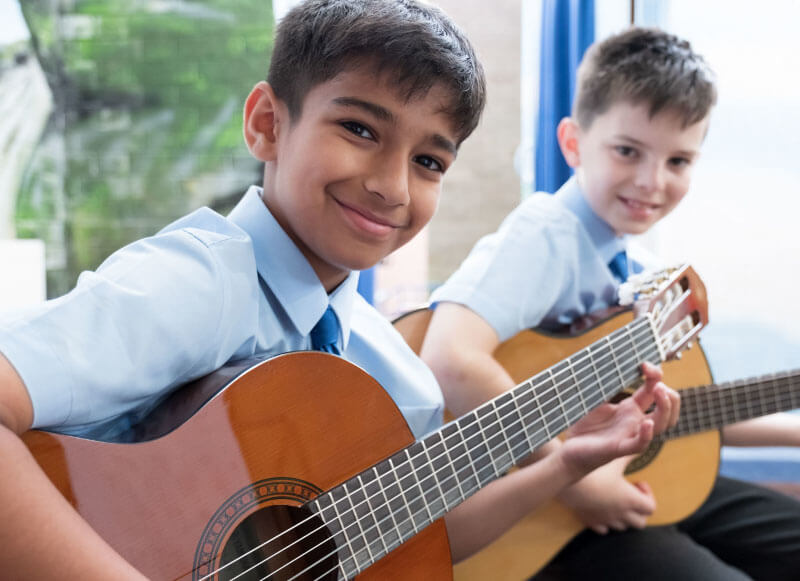Rights Respecting School
Overview
St George’s School Edgbaston is committed to the United Nations Convention on the rights of the child (UNCRC), and we are extremely proud of our Gold Award as a Rights Respecting School.
In 1989, governments across the world adopted the UNCRC, recognising that all children have the right to be treated with dignity and fairness, to be protected, to develop to their full potential and to participate. The Convention sets out the civil, political, economic, social and cultural rights that everyone under 18 is entitled to.
The Convention must be seen as a whole: all rights are linked and no right is more important than another; for example, the right to relax and play (Article 31) and the right to freedom of expression (Article 13) have equal importance as the right to be safe from violence (Article 19) and the right to education (Article 28)
"Every child has rights, whatever their ethnicity, gender, religion, language, abilities or any other status."
The United Nations Convention
on the
Rights of the Child
About The Award
A rights respecting school puts the Children’s Rights Convention at the heart of a school’s culture and ethos to improve well-being and develop every child’s talents and abilities to their fullest potential.
The award is based on principles of equality, dignity, respect, non-discrimination and participation. The initiative started in 2006 and schools involved in the Award have reported a positive impact on relationships and well-being, leading to better learning and behaviour, improved academic standards and less bullying.

Steps to The Award
The Right Respecting Schools Award recognises achievement in putting the United Nations Convention on the Rights of the Child (CRC) at the heart of a school’s planning, policies, practice and ethos.
For a school to receive accreditation, it must evidence that it has reached the three RRSA Strands.
Our Gold Accreditation Report can be found here.
STRAND A
Teaching and learning about rights: The United Nations Convention on the Rights of the Child (CRC) is made known to children, young people and adults, who use this shared understanding to work for improved child wellbeing, school improvement, global justice and sustainable living.
STRAND B
Teaching and learning through rights – ethos and relationships: Actions and decisions affecting children are rooted in, reviewed and resolved through rights. Children, young people and adults collaborate to develop and maintain a school community based on equality, dignity, respect, non-discrimination and participation.
STRAND C
Teaching and learning for rights – participation, empowerment and action: Children are empowered to enjoy and exercise their rights and to promote the rights of others locally and globally. Duty bearers are accountable for ensuring that children experience their rights.
The Different Levels of the Award
Schools involved in the Rights Respecting Schools Award work towards three levels:
Bronze Award
Achieved: June 2019
Rights Committed is the first stage of the Rights Respecting Schools Award (RRSA)
Silver Award
Achieved: September 2020
Rights Aware is the second stage of the Rights Respecting Schools Award
Gold Award
Achieved: November 2022
Rights Respecting is the highest stage of the Rights Respecting Schools Award. It is granted by UNICEF UK to schools that have fully embedded children’s rights throughout the school in its policies, practice and ethos, as outlined in the three RRSA Strands.




